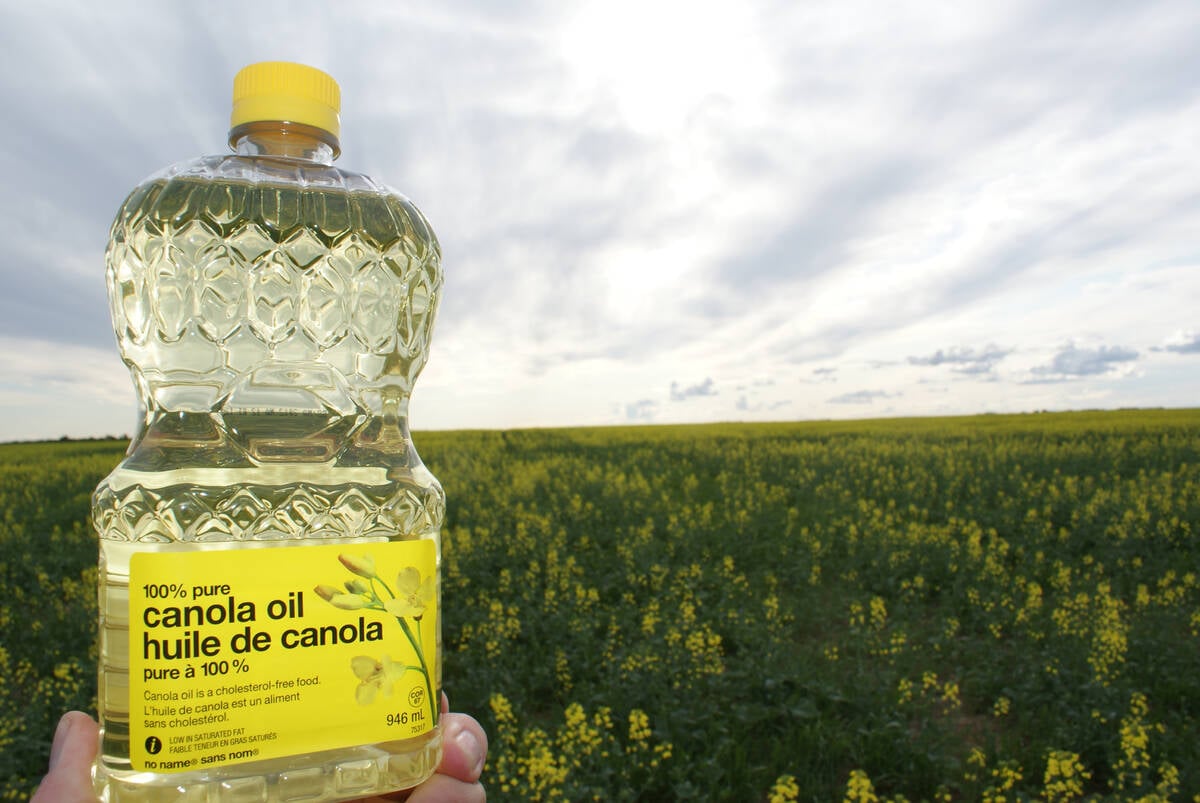In the wake of dismal prairie farm income projections for at least the next five years, federal agriculture minister Lyle Vanclief vowed to try to shake some farm support funds from Paul Martin’s finance department.
On July 20, Agriculture Canada economists projected that while realized net farm incomes in most of Canada will be relatively healthy to 2003, Saskatchewan and Manitoba farm economies will be struggling simply to break even.
In 1999, they projected Saskatchewan farmers will record an overall income deficit of $48 million. From 2001-2003, it never rises above $75 million. In the five years 1994-98, the average was $685 million.
Read Also

Rising vegetable oil demand may offset bad biofuel news
Global biodiesel/renewable diesel production is expected to decline for the first time in a decade. Bad timing for a canola industry looking for new markets.
Manitoba incomes also could be well below their five-year average of $231 million, although Alberta’s farm economy is projected to enjoy five prosperous years, above the five-year average of $687 million.
“It emphasizes the need for an enhanced long-term safety net program, a third leg of the stool,” Vanclief said in a July 22 interview. “If you are asking if I will show these numbers to Paul Martin to try to win funding for an enhanced safety net, you bet I will.
Universal agreement
Reaction to the income projections was swift and almost universal.
Federal and provincial representatives joined farm leaders and agricultural economists in arguing that the projections show the need for an improvement in existing safety net programs, including the Agricultural Income Disaster Assistance program.
“This sends an important and strong message to governments that we were not remiss in arguing for improved programs and for changes to make sure all the AIDA dollars that are there flow to farmers,” said Canadian Federation of Agriculture president Bob Friesen.
“If something is not done, we are going to lose a lot of farmers.”
Saskatchewan Wheat Pool president Leroy Larsen could not be reached for comment, but in a news release he called on governments to increase support for safety nets and to commit to a permanent disaster assistance program.
“Producers need a predictable and adequate level of security from year to year, so they are able to ride out financial downturns that are the result of weather-related problems or low commodity prices,” Larsen said.
United Grain Growers president Ted Allen said it should be a clear signal to governments that inefficiencies in the prairie grain handling and transportation system should be eliminated. And trade negotiators must concentrate on ending foreign grain subsidies that distort markets.
But Allen said until that happens, the federal government has an obligation to improve help for farmers facing low incomes because of subsidy distortions elsewhere. “The federal government does have an obligation to be proactive and to come to the table to the same degree others do.”
New Democratic Party agriculture critic Dick Proctor called it a wake-up call for the federal government: “We have a disaster emerging here.”
Reform spokesperson Howard Hilstrom said Ottawa can no longer argue that existing safety nets are adequate if farmers would simply use them: “These numbers speak for themselves.”
Agriculture Canada economist Lambert Gauthier said in an interview that the main short-term problems for the two prairie provinces are depressed grain prices and softening hog prices.
After an upward bounce in the year 2000 as federal aid money flows into the economy, he said most provinces will begin a downward income trend, in part because of an expectation the Canadian dollar will strengthen and the value of Canadian sales in American dollars will decline.
Friesen was critical of a government analysis of the projections, which suggested the numbers are not as bad as they look because they did not account for farmer off-farm income or savings.
“Does this mean the government is finally acknowledging that moonlighting is a prerequisite for farmers these days?” he asked.
“It is outrageous.”














